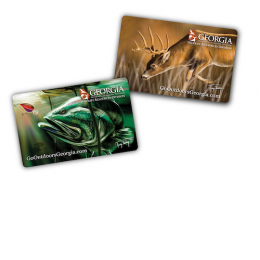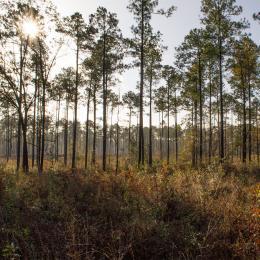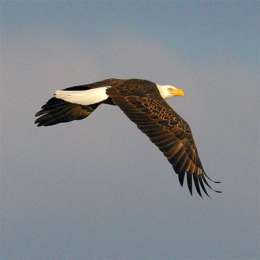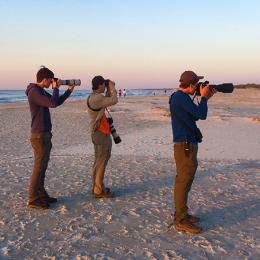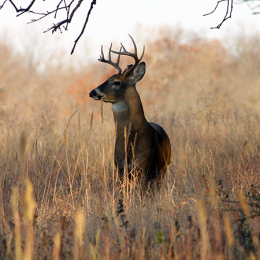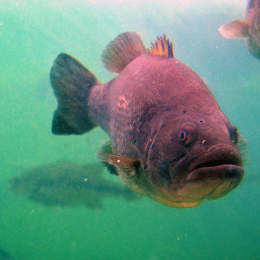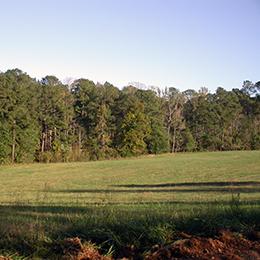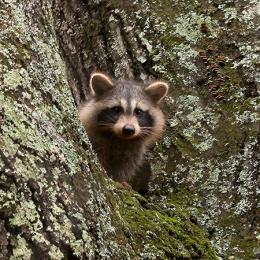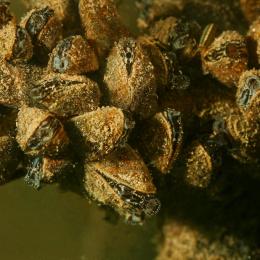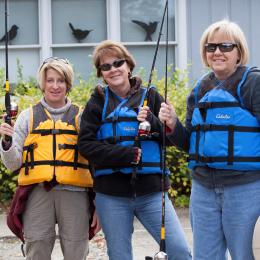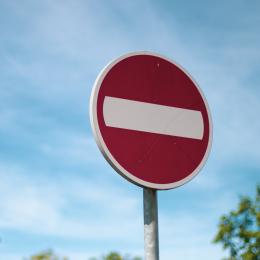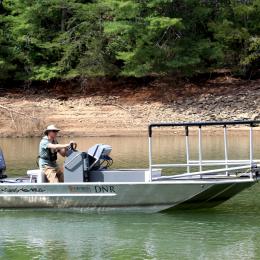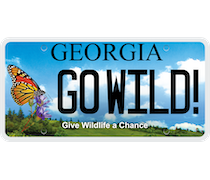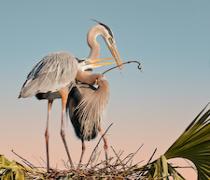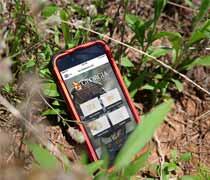Are you heading out for a turkey hunt this year? Before you go, be sure to review turkey hunting safety tips before heading to the woods, encourages the Georgia Department of Natural Resources’ Wildlife Resources Division.
“No matter how long you have been hunting, it is important to think about safety precautions specific to that type of game,” advises Jennifer Davison, statewide hunter education administrator with the Wildlife Resources Division. “When you emphasize safety, you exhibit important lessons to those hunting with you and ensure that everyone will get back home safely.”
Turkey Hunting Safety Tips:
- Never wear red, white, blue or black clothing while turkey hunting. Red is the color most hunters look for when distinguishing a gobbler’s head from a hen’s blue-colored head, but at times it may appear white or blue. Male turkey feathers covering most of the body are black in appearance. Camouflage should be used to cover everything, including the hunter’s face, hands and firearm.
- Select a calling position that provides at least a shoulder-width background, such as the base of a tree. Be sure that at least a 180-degree range is visible.
- Do not stalk a gobbling turkey. Due to their keen eyesight and hearing, the chances of getting close are slim to none.
- When using a turkey call, the sound and motion may attract the interest of other hunters. Do not move, wave or make turkey-like sounds to alert another hunter to your presence. Instead, identify yourself in a loud voice.
- Be careful when carrying a harvested turkey from the woods. Do not allow the wings to hang loosely or the head to be displayed in such a way that another hunter may think it is a live bird. If possible, cover the turkey in a blaze orange garment or other material.
- Although not required, it is suggested that hunters wear blaze orange when moving between a vehicle and a hunting site. When moving between hunting sites, hunters should wear blaze orange on their upper bodies to facilitate their identification by other hunters.
For more hunting information, visit GeorgiaWildlife.com/hunting/hunter-resources.





